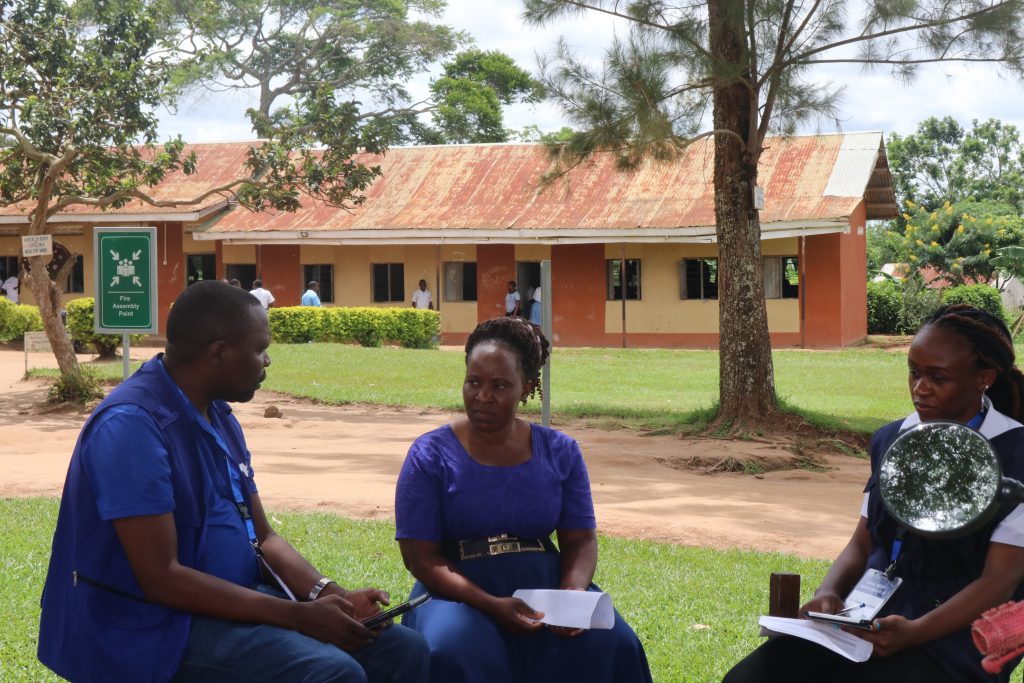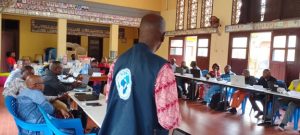Uganda embarks on country-wide evaluation of school health services
-
by
AFENET

In a bid to enhance the quality and efficacy of school health services across Uganda, the African Field Epidemiology Network (AFENET), in collaboration with the Centers for Disease Control and Prevention (CDC), has launched a comprehensive evaluation initiative. Over 40 skilled data collectors have been mobilized to undertake this ambitious project, aimed at delving into various facets of school health services.
The evaluation, funded by the CDC, aims to delve into critical aspects of school health services, including the level of implementation, the synergy between educational institutions and health facilities, and the identification of both facilitators and barriers within the system.
Deployed across 10 diverse districts throughout the country, these trained personnel are tasked with conducting thorough assessments to provide a comprehensive understanding of the current landscape of school health services in Uganda.
Key stakeholders from the ministries of Health and Education, as well as focal point persons from district health departments, are actively involved in this endeavor. Their expertise and input are invaluable in ensuring that the evaluation captures a wide range of perspectives and insights.
Furthermore, the evaluation process involves engaging various stakeholders directly involved in or impacted by school health services. This includes interviews with health facility staff, healthcare workers, school focal point persons, and parents/caregivers of school-going girls. By incorporating these diverse voices, the evaluation aims to identify strengths, weaknesses, and areas for improvement within the existing framework of school health services.
Dr. John Kamulegeya, an epidemiologist with AFENET, emphasized the importance of this evaluation, stating, “By comprehensively assessing the current state of school health services, we can identify areas of success and areas in need of improvement. This evaluation will ultimately inform policies and interventions aimed at optimizing the health and well-being of school-aged children across Uganda.”
Dr Rose Nampeera, also an epidemiologist at AFENET, said “This is indeed a timely and much-needed activity given that about 45% of the population is under 14 years of age and thus should need to have their health prioritized.”
As the evaluation progresses, stakeholders eagerly anticipate the insights and recommendations that will emerge, with the ultimate goal of fostering healthier and more supportive environments within Ugandan schools.



